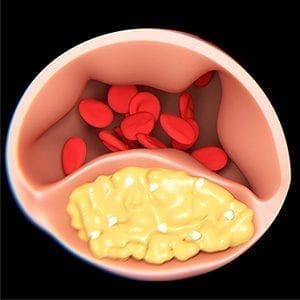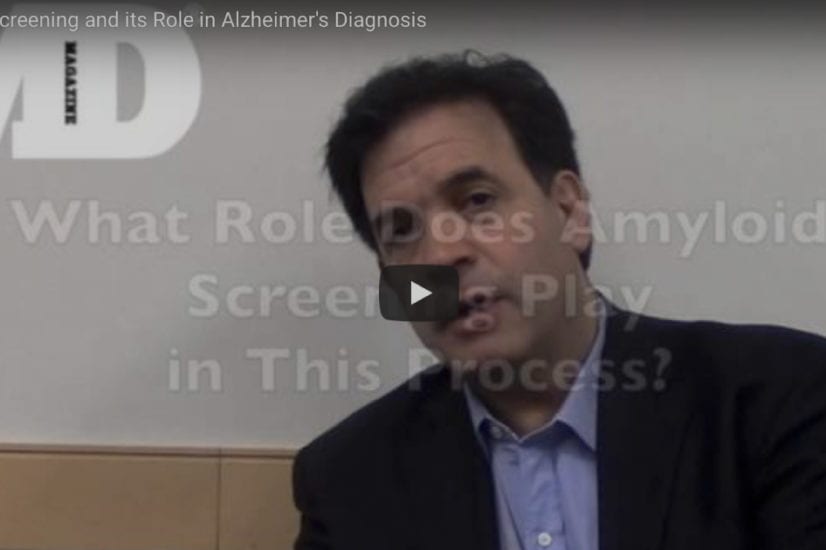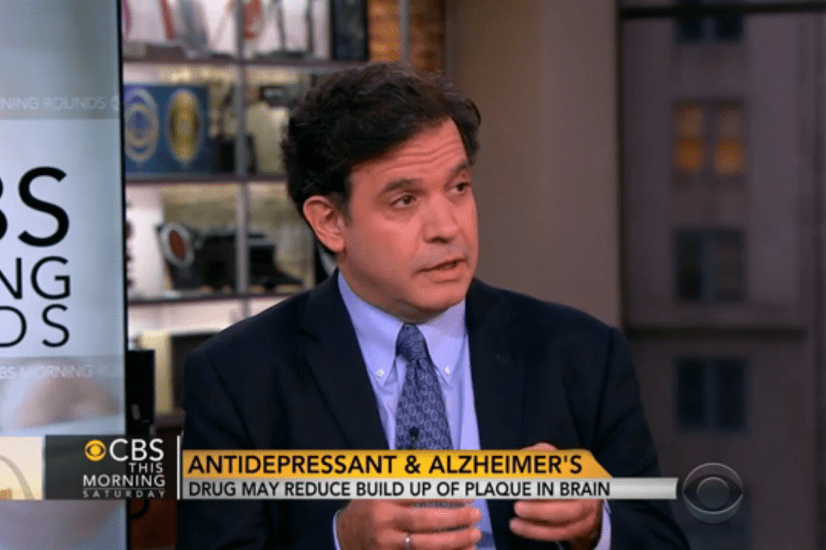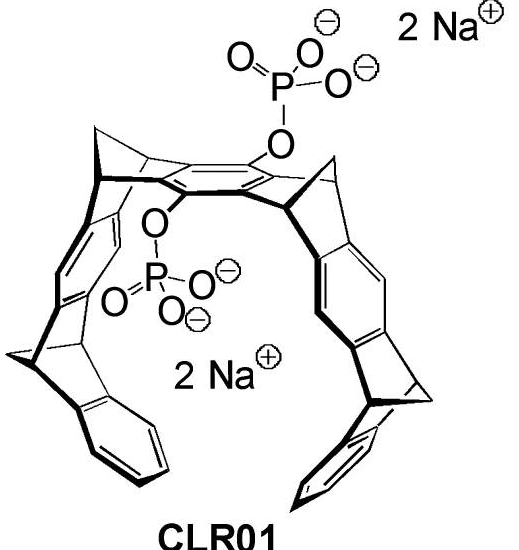
Posted July 29, 2013

For several years now, researchers have been aware of important links between cholesterol and Alzheimer’s disease. A new study by Dr. Dora Kovacs and her team at Massachusetts General Hospital brings us one step closer to a potential drug that could interrupt the disease process.
Previous studies have shown that cholesterol can produce the toxic peptide Abeta, which in turn is critical in the early stages of Alzheimer’s pathology. In 2001, Dr Kovacs and her colleagues identified a specific enzyme in the cholesterol pathway, abbreviated as ACAT, involved in the production of Abeta. By inhibiting ACAT, they demonstrated that Abeta production can also be reduced.
In this new paper just published in the Journal of Neuroscience, Kovacs identifies a mechanism of action that accounts for this relationship between ACAT and Abeta production. A process known as “palmitoylation” is involved. The team also used two known ACAT inhibitors already created to reduce cholesterol, testing which might have the most positive effect in lowering Abeta production.
This careful work points to more potential therapies for Alzheimer’s disease through the use of existing or future drugs. More research will help determine the best methods and compounds for intervention.





